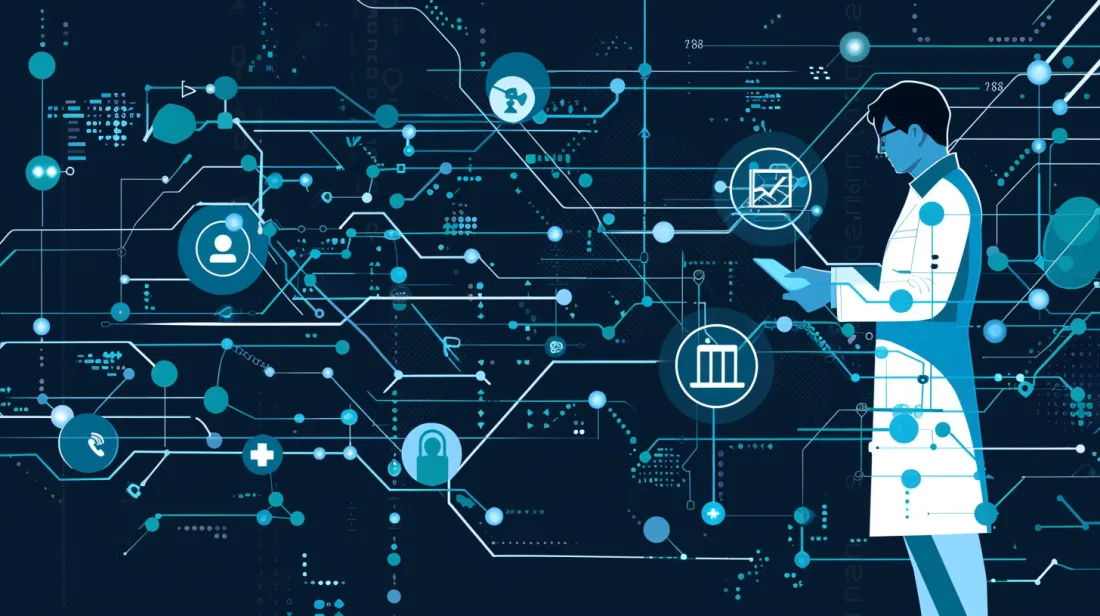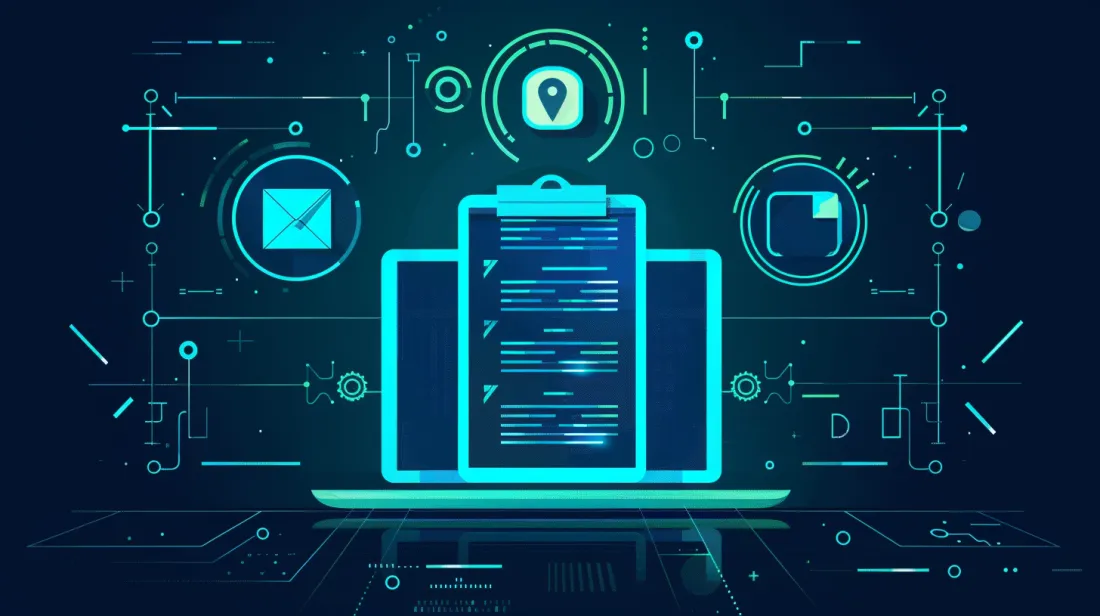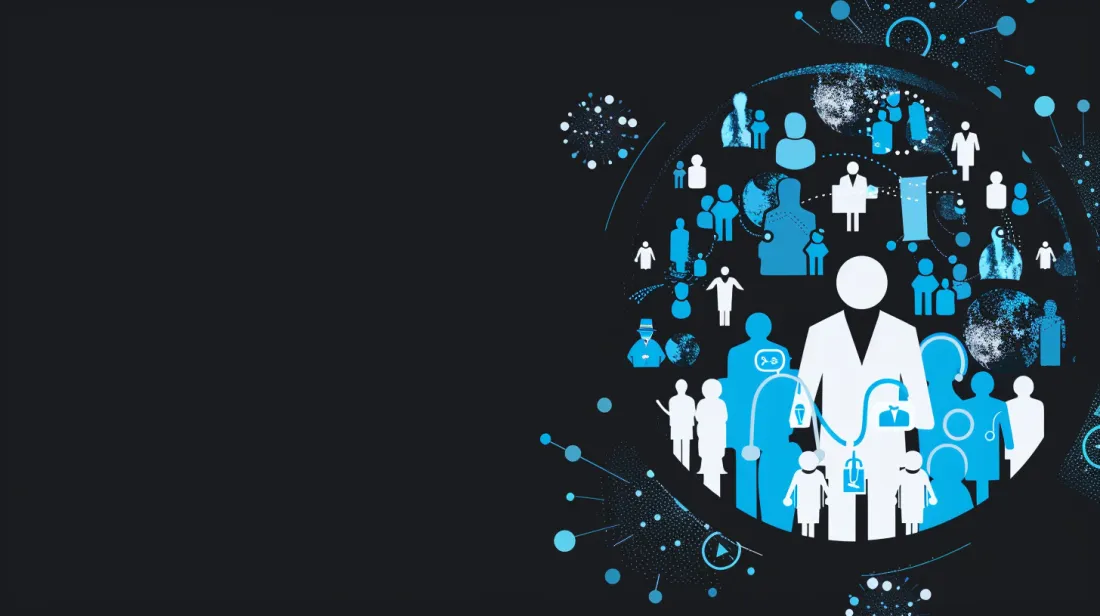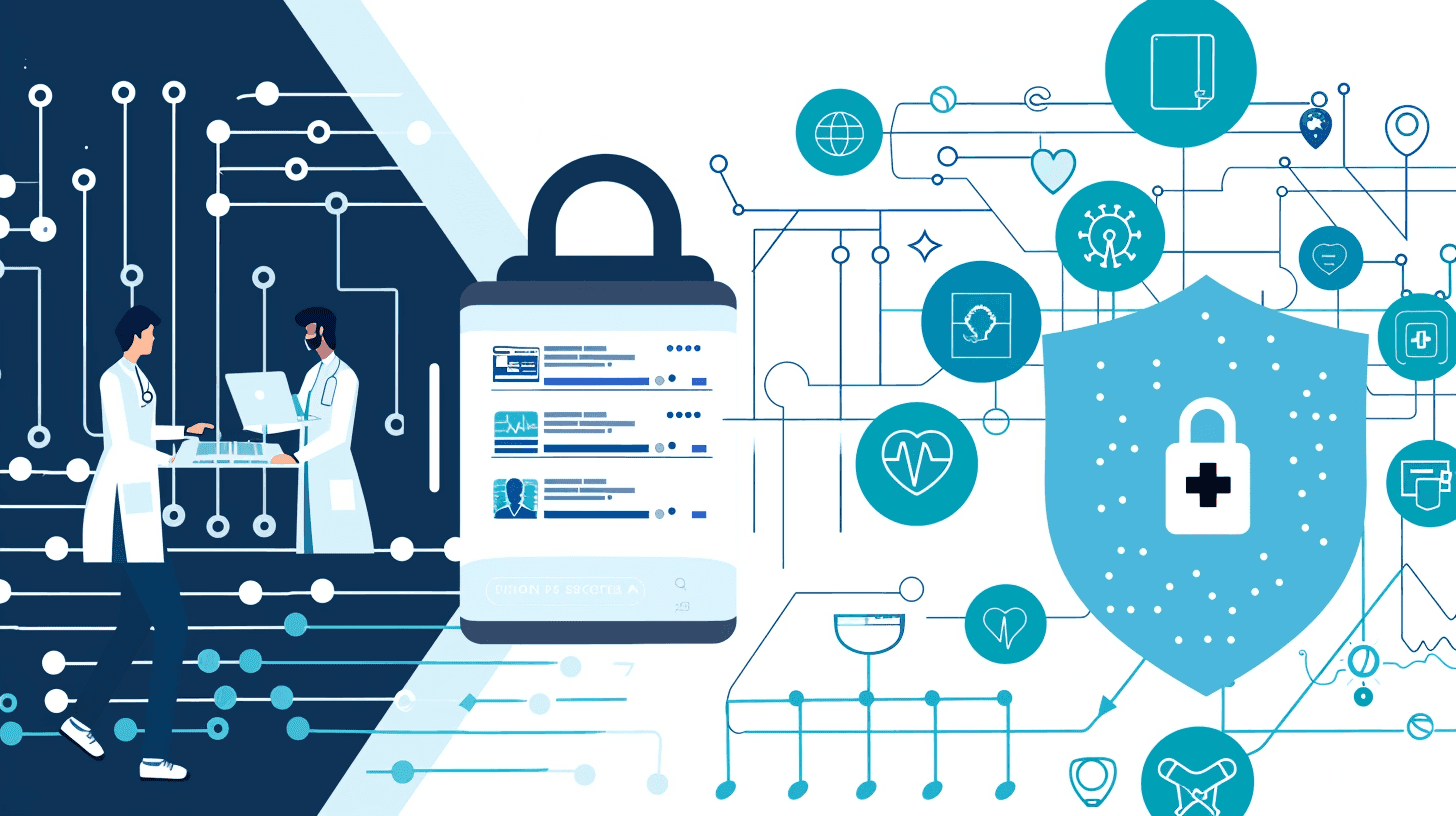
Adopting Customer Relationship Management (CRM) systems has revolutionized how healthcare providers and insurance brokers manage patient interactions and data. However, with the increasing reliance on digital tools, the importance of data security in healthcare cannot be overstated.
This blog from Catalyst CRM explores the essential aspects of health data security, focusing on the best CRM software for healthcare and why robust data protection is crucial for maintaining patient trust and regulatory compliance.
What is Data Security?
Data security in healthcare involves protecting personal health information (PHI) from unauthorized access, breaches, and other cyber threats. This encompasses various protective measures, from encryption and secure user authentication to comprehensive data governance policies.
Why is Healthcare Data a Prime Target?
Healthcare data contains sensitive information, such as social security numbers, medical histories, and payment information, making it incredibly valuable for cybercriminals. The importance of data security in healthcare stems from the need to protect this data to preserve patient confidentiality and safeguard against financial fraud.
Critical Challenges in Health Data Security
The healthcare industry faces unique challenges in data security due to the complex nature of its data and regulatory requirements. Some of the primary hurdles include:
- Complex Regulatory Environment: Healthcare providers must comply with stringent regulations, such as HIPAA in the U.S., which dictate how PHI should be handled and protected.
- Rising Cyber Threats: The increasing sophistication of cyber-attacks necessitates advanced security measures to protect patient data effectively.
- Integration of Multiple Systems: Many healthcare providers use various software tools, which can complicate the secure integration of data across platforms.
Best Practices for Medical Data Security in CRMs
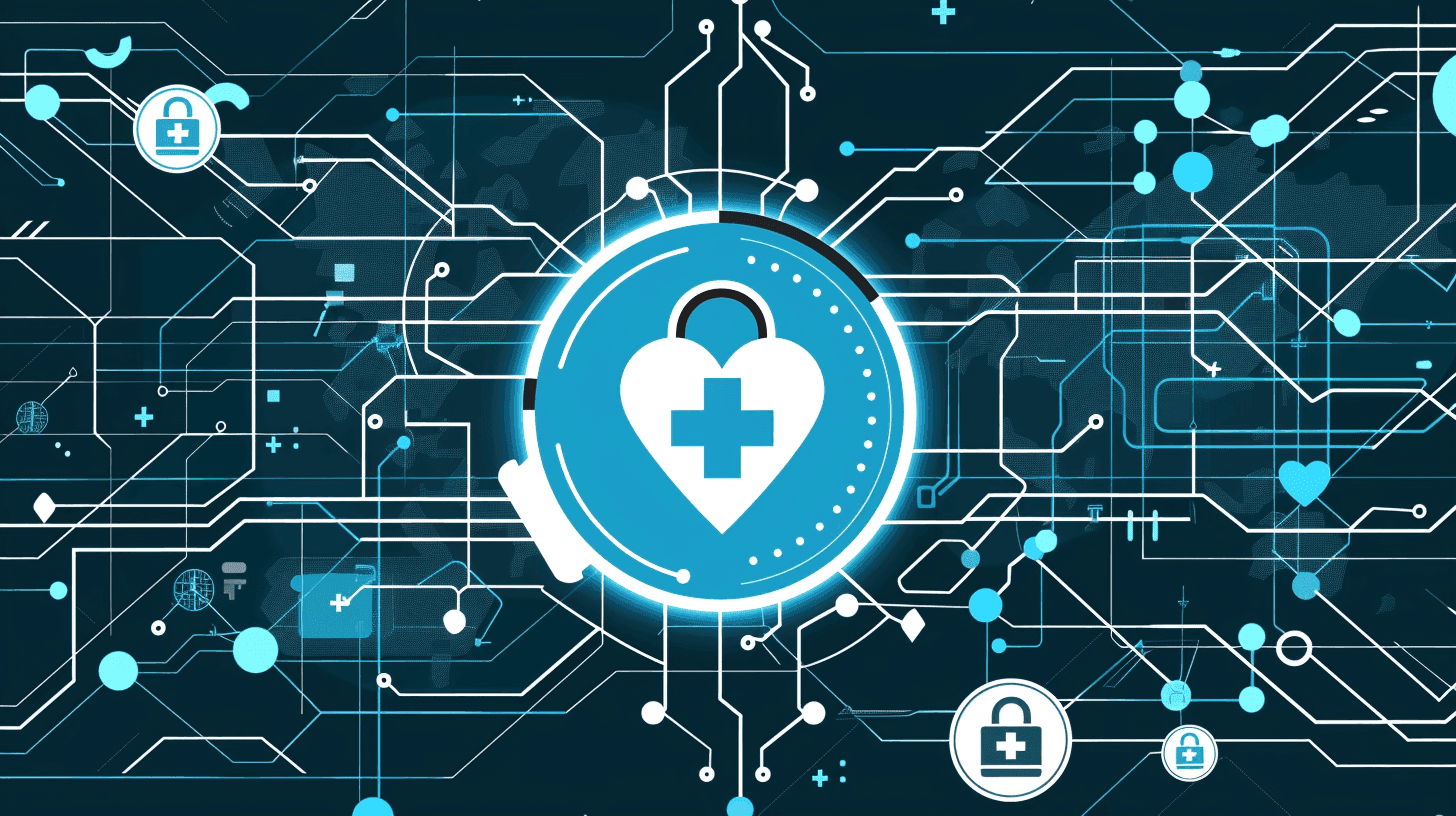
To address these challenges, healthcare organizations should implement best practices in CRM software selection and usage:
Selecting the Best CRM Software for the Healthcare Industry
When choosing a CRM for healthcare, it is crucial to consider software that offers robust security features tailored to the needs of the healthcare sector. Look for CRMs that provide:
- End-to-End Encryption: Ensuring that all data, both in transit and at rest, is encrypted.
- Access Controls: Role-based access controls help ensure that only authorized personnel can access sensitive data.
- Audit Trails: Comprehensive logging mechanisms can track data access and modifications, facilitating the detection of unauthorized activities.
Regular Security Assessments
Ongoing security assessments are vital to identify vulnerabilities and ensure the CRM system remains secure against new threats.
Employee Training
Regular training programs for healthcare staff on data security practices are essential to prevent data breaches caused by human error.
CRM for Insurance Brokers and Healthcare Providers
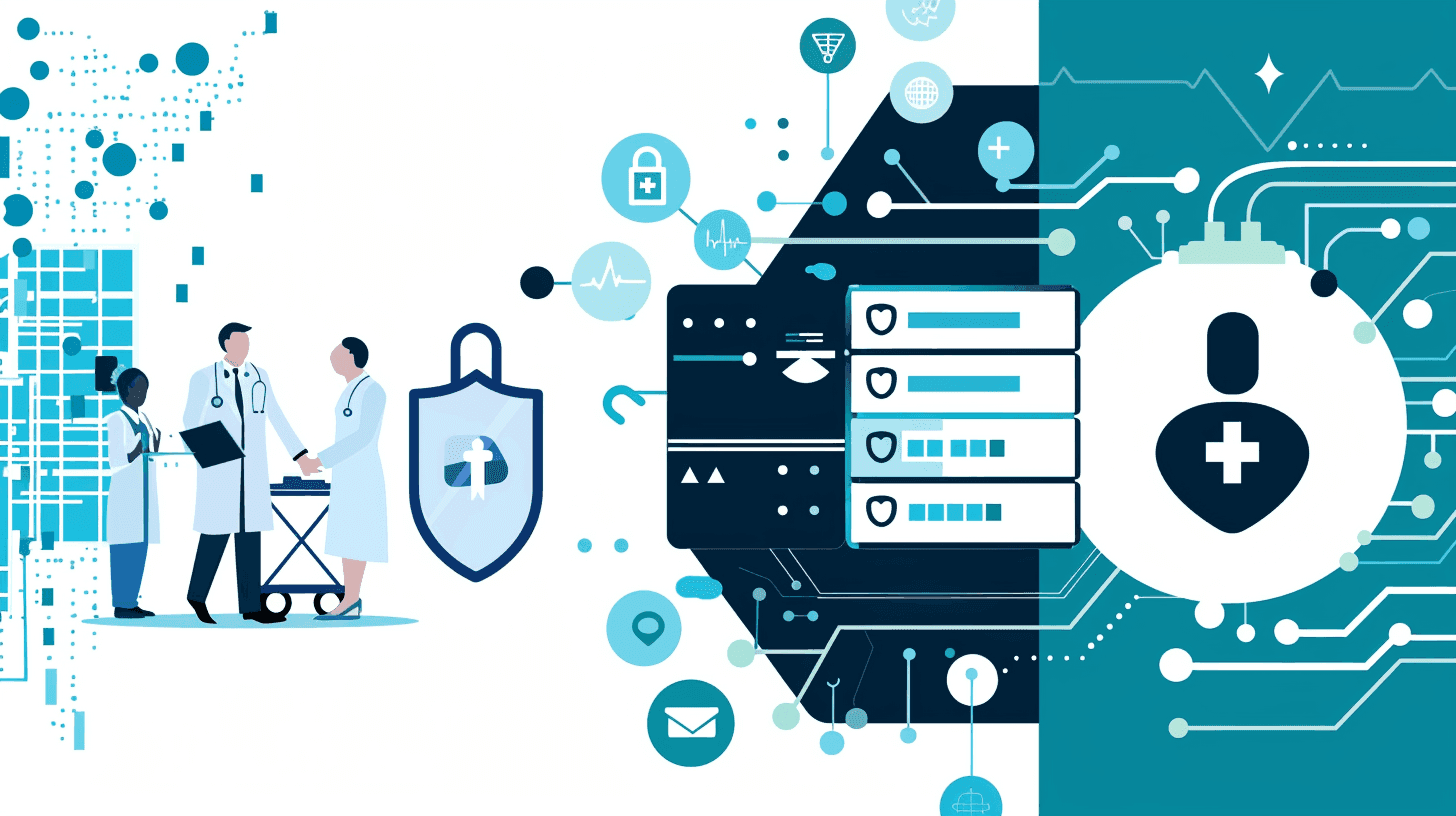
The Role of CRM in Enhancing Data Security
A specialized CRM for insurance brokers and healthcare providers helps manage customer relationships and enhances data security by consolidating patient and client data into a secure, centralized system.
Features of the Best CRM Software for Healthcare
The best CRM software for healthcare integrates seamlessly with other healthcare management systems, providing features like automated backups, disaster recovery plans, and compliance with healthcare regulations.
Conclusion: The Vital Role of Data Security in Healthcare CRMs
The importance of data security in healthcare cannot be overstated. As healthcare providers and insurance brokers increasingly rely on CRM systems, choosing a CRM prioritizing data security is crucial.
By implementing robust security measures and selecting the right CRM software, healthcare organizations can protect sensitive data, comply with regulatory requirements, and maintain the trust of their patients and clients.
